搜索结果: 'methocult media formulations for mouse hematopoietic cells serum containing'
-
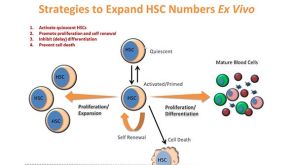 1:06:52
New Tools for the Ex Vivo Expansion of Human Hematopoietic Stem and Progenitor Cells
1:06:52
New Tools for the Ex Vivo Expansion of Human Hematopoietic Stem and Progenitor Cells产品类型:
产品号#:
02690
02691
02693
02696
02697
02692
09600
09650
09605
09655
04034
04044
72332
22001
22005
22006
22007
22008
22009
22011
22012
78129.1
78129.2
78135
78135.1
78135.2
78137
78137.1
78137.2
78138
78138.1
78138.2
78140
产品名:
StemSpan™CC100
StemSpan™CD34+扩增补充(10X)
StemSpan™髓系扩增补品(100X)
StemSpan™巨核细胞扩增补充(100X)
StemSpan™CC110
StemSpan™红血系扩增补充(100X)
StemSpan™ SFEM
StemSpan™ SFEM
StemSpan™ SFEM II
StemSpan™ SFEM II
MethoCult™H4034 Optimum
MethoCult™H4034 Optimum
UM729
STEMvision™ 人脐带血7-天CFU分析包
STEMvision™ 彩色人脐带血14-天CFU分析包
STEMvision™ 彩色人骨髓14-天CFU分析包
STEMvision™ 彩色人动员外周血14-天CFU分析包
STEMvision™ 小鼠总CFU分析包
STEMvision™ 小鼠髓系CFU分析包
STEMvision™ 小鼠红系CFU分析包
STEMvision™ 小鼠CFU分析包(髓系和红系)
重组小鼠IL-1 α
重组小鼠IL-1 α
人/小鼠重组BMP-2
人/小鼠重组BMP-2
人/小鼠重组BMP-2
重组人Flt3/Flk-2 Ligand细胞因子, ACF
人重组Flt3/Flk-2配体
人重组Flt3/Flk-2配体
重组人G-CSF细胞因子, ACF
人重组G-CSF,ACF
人重组G-CSF,ACF
人重组GM-CSF,ACF
发布日期: 3/9/15 -
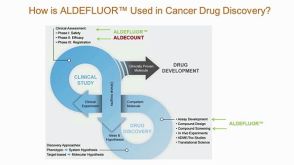 42:24
ALDH+ Cancer Precursor Cells in Drug Response Prediction
42:24
ALDH+ Cancer Precursor Cells in Drug Response Prediction产品类型:
产品号#:
01700
01705
01702
产品名:
ALDEFLUOR™工具
ALDEFLUOR™ DEAB试剂
ALDEFLUOR™测定缓冲液
发布日期: 6/25/15 -
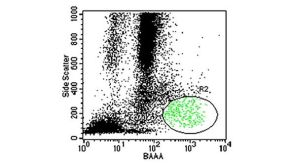 53:18
Potential Applications of ALDH Bright Cells In Regenerative Medicine
53:18
Potential Applications of ALDH Bright Cells In Regenerative Medicine产品类型:
产品号#:
01700
01705
05630
05601
05620
产品名:
ALDEFLUOR™工具
ALDEFLUOR™ DEAB试剂
EpiCult™-C 人培养基
EpiCult™-B 人培养基
MammoCult™人培养基试剂盒
发布日期: 5/27/11

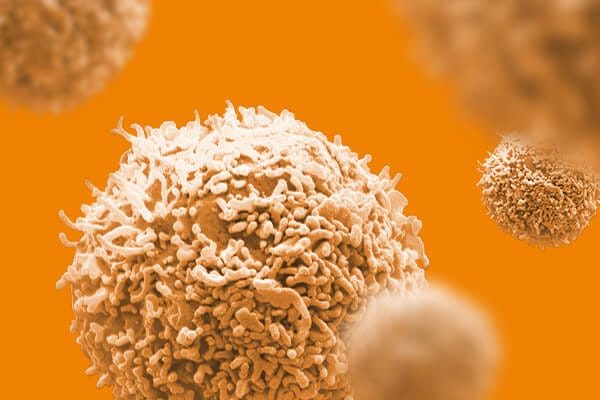
 EasySep™小鼠TIL(CD45)正选试剂盒
EasySep™小鼠TIL(CD45)正选试剂盒
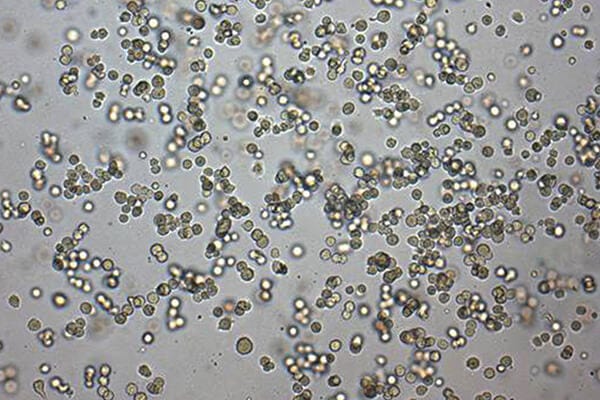
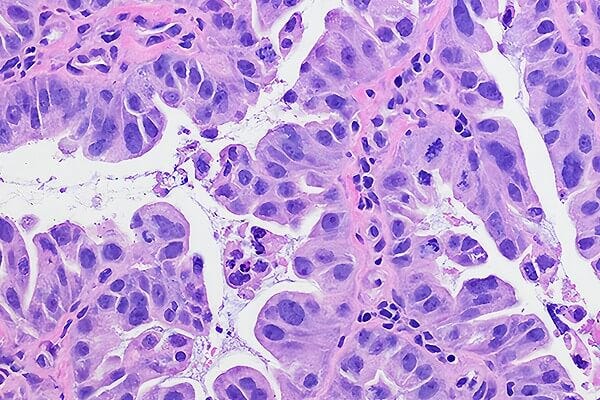



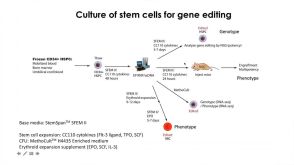
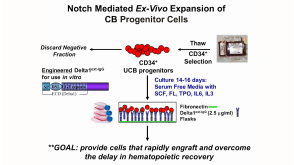
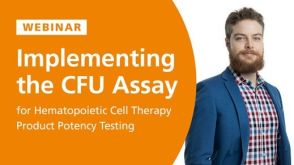
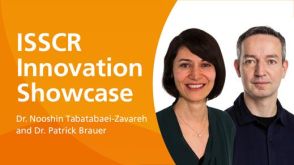

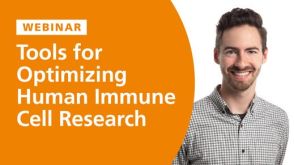

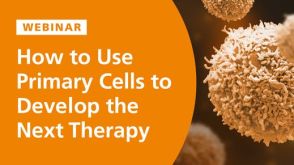

 沪公网安备31010102008431号
沪公网安备31010102008431号